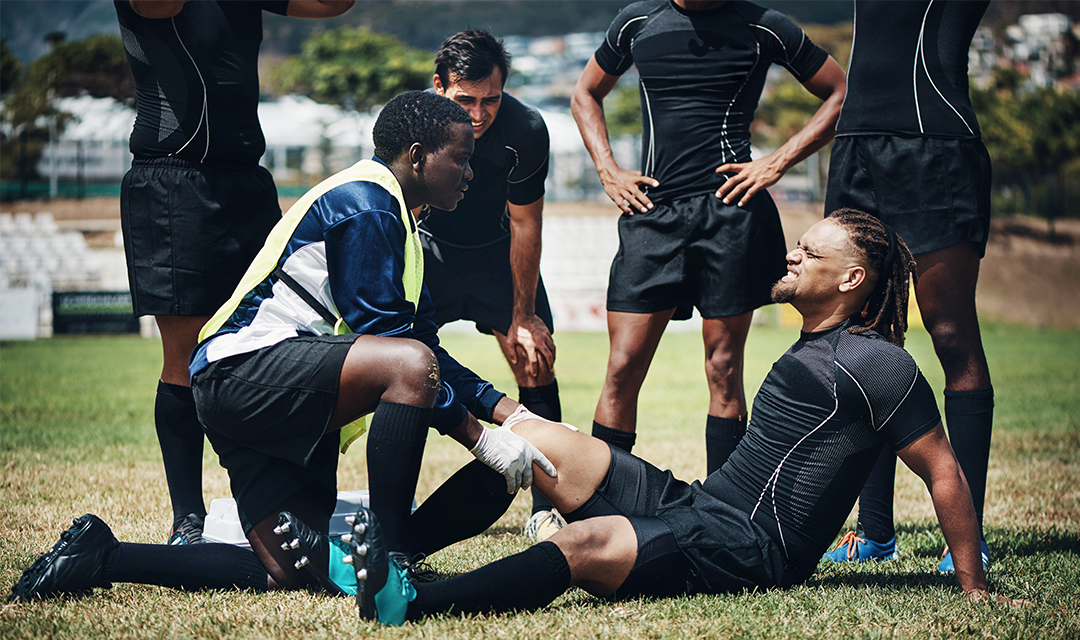If you fracture a bone, most of the time it’s because of a fall or trauma. Over exercising can also cause a stress fracture. There is another type of fracture that can develop, especially in young athletes. This is called an avulsion fracture. This fracture happens when your tendons, or ligaments pull a piece of bone away from the rest of the bone.
Some people tend to think of bones as the “strongest” structures in the body, but with avulsion fractures, tendons and ligaments are stronger than the bone itself. Avulsion fractures can occur in many different areas of the body, but are most common in the hip, elbow, or ankle.
Adolescent Athletes Are At Risk
Young athletes are at the greatest risk for avulsion fractures. This is because the growth plates in their bones are still open, and those sites can be weaker than a fully fused bone. The ligaments or tendons can place enough force on the growth plate to cause an avulsion fracture.
The requirements of sports put more stress on ligaments and tendons. Sports and activities that require sudden changes in direction, such as football, ballet, gymnastics and skiing, are more likely to trigger avulsion fractures. These fractures are three to five times higher in boys than girls.

How Can Young Athletes Prevent Avulsion Fractures?
- Use good form when running, throwing, and participating in sports.
- Warm up with dynamic exercises and stretches.
- Learn appropriate body positions and movement for that certain sport.
- Do not overtrain, as it can stress bones.
How Are Avulsion Fractures Treated?
If your child has an avulsion fracture, they may need to see a sports medicine or orthopedic specialist. Sometimes, you’ll need to immobilize the joint, so the tendons and ligaments don’t pull on the bone while it’s healing. You may need a cast or walking boot, and you may need to use crutches.
To get the best care and treatment for your avulsion fracture or any injury related to sports, contact Insight Orthopedics and Sports Medicine to schedule an appointment with our sports medicine physician Dr. Mohammed Jondy.


